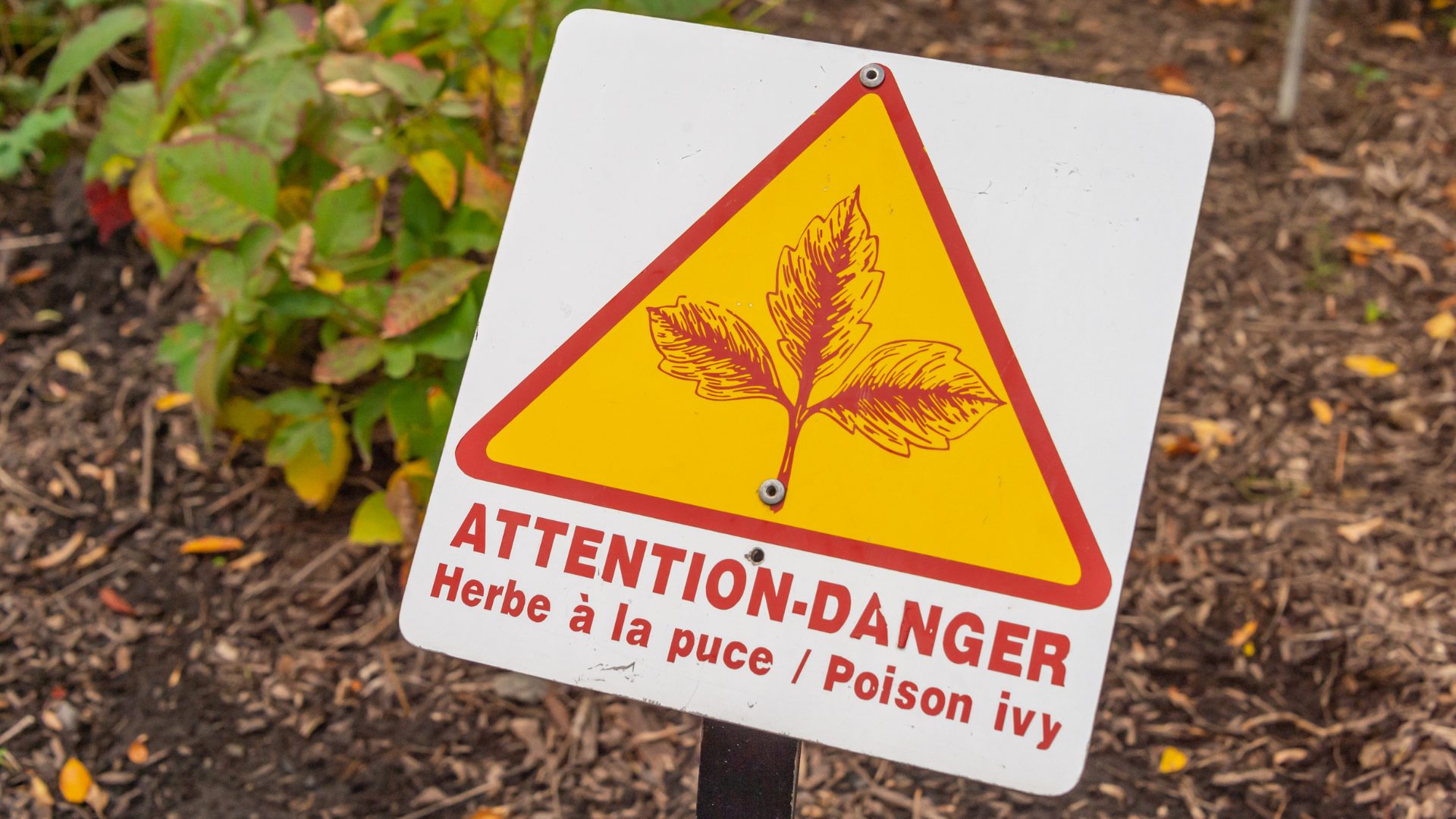
That relentless itch, the red rash — if you've ever encountered poison ivy, you know how miserable it can be. In this blog, we'll break down everything you need about poison ivy rash, from causes and symptoms to treatment options. Plus, we'll share expert tips from AFC Urgent Care West Haven on managing and preventing this irritating condition.
What is Poison Ivy?
Poison ivy is a plant found throughout North America that causes an itchy, irritating rash upon contact. The plant contains an oily resin called urushiol, which triggers the rash. This resin is present in all plant parts: leaves, stems, and roots.
Identifying Poison Ivy
- Leaves: Poison ivy typically has clusters of three leaflets. The leaves can be smooth or slightly notched and often glossy.
- Growth Patterns: It can grow as a vine, shrub, or ground cover.
- Seasonal Changes: The leaves are green in spring and summer and turn red, orange, or yellow in the fall.
Causes of Poison Ivy Rash
Contact with any part of the poison ivy plant can lead to a rash. The urushiol oil can transfer to skin, clothing, pet fur, and gardening tools, making it easy to spread unintentionally.
Common Ways to Get Exposed
- Direct Contact: Touching the plant directly.
- Indirect Contact: Touching objects or pets contaminated with urushiol.
- Airborne Particles: Burning poison ivy plants releases urushiol into the air, which can land on the skin.
Symptoms of Poison Ivy Rash
Symptoms typically appear 12 to 48 hours after exposure and can last up to three weeks. The severity of the rash can vary depending on the amount of urushiol that comes into contact with the skin.
Common Symptoms
-
Redness and Itching: The most immediate and noticeable symptoms.
- Swelling: Affected areas may become swollen.
- Blisters: Fluid-filled bumps that can break and ooze.
- Streaky or Patchy Rash: The rash often appears in lines or patches where the plant brushed against the skin.
Treatment Options
While there's no cure for poison ivy rash, various treatments can help alleviate the symptoms and speed up recovery. At AFC Urgent Care West Haven, we offer expert advice and treatments to manage your condition effectively.
Home Remedies
- Cold Compresses: Applying cool, wet compresses can reduce itching and inflammation.
- Oatmeal Baths: Soaking in a lukewarm oatmeal bath can soothe irritated skin.
- Calamine Lotion: This over-the-counter lotion can help dry up blisters and relieve itching.
- Hydrocortisone Cream: A mild steroid cream can reduce inflammation and itching.
Medical Treatments
If the rash is severe or widespread, or it affects sensitive areas such as the face or genitals, you should seek medical attention. Treatments may include:
- Prescription Steroids: Oral or topical steroids to reduce inflammation.
- Antihistamines: To reduce itching and improve sleep.
- Antibiotics: If a secondary bacterial infection develops from scratching the rash.
Prevention Tips
Preventing poison ivy rash is all about avoiding contact with the plant and urushiol oil. Here are some tips to help you stay rash-free:
- Wear Protective Clothing: Long sleeves, pants, and gloves can shield your skin from exposure.
- Learn to Identify the Plant: Recognizing poison ivy can help you avoid it.
- Wash Thoroughly: Clean your skin, clothing, and any tools or pets that may have come into contact with the plant.
- Use Barriers: Apply a barrier cream containing bentoquatam before potential poison ivy exposure.
When to Seek Medical Help
While most poison ivy rashes can be treated at home, there are times when you should see a healthcare provider:
- Severe or Widespread Rash: If the rash covers a large area or causes significant discomfort.
- Infection Signs: If the blisters are oozing pus or the skin around the rash is red, warm, and swollen.
- Difficulty Breathing: If you inhale smoke from burning poison ivy, seek immediate medical attention.
AFC Urgent Care West Haven: Your Go-To for Poison Ivy Treatment
At AFC Urgent Care West Haven, we are equipped to handle all your poison ivy needs, from minor rashes to severe reactions. Our compassionate and experienced team is here to provide relief and get you back to enjoying the great outdoors.
Contact Us:
- Location: 354 Saw Mill Rd, West Haven, CT 06516
- Phone: (203) 896-7000
- Website: AFC Urgent Care West Haven
FAQs
1. How can I identify poison ivy? Look for clusters of three leaflets with a glossy appearance. They change color with the seasons, turning red, orange, or yellow in the fall.
2. How long does a poison ivy rash last? Typically, it lasts two to three weeks. However, severity and duration can vary based on exposure and treatment.
3. Can poison ivy rash spread from person to person? No, the rash itself is not contagious. However, urushiol oil on clothing or skin can spread to others until thoroughly washed off.
4. What should I do if my pet has been exposed to poison ivy? Bathe your pet with pet-safe shampoo and wear gloves to avoid getting the oil on your skin. Wash any bedding or toys that might have been contaminated.
Dealing with a poison ivy rash can be a nuisance, but with the proper knowledge and care, you can manage and prevent this itchy intruder. If you need assistance, AFC Urgent Care West Haven is here to help!

